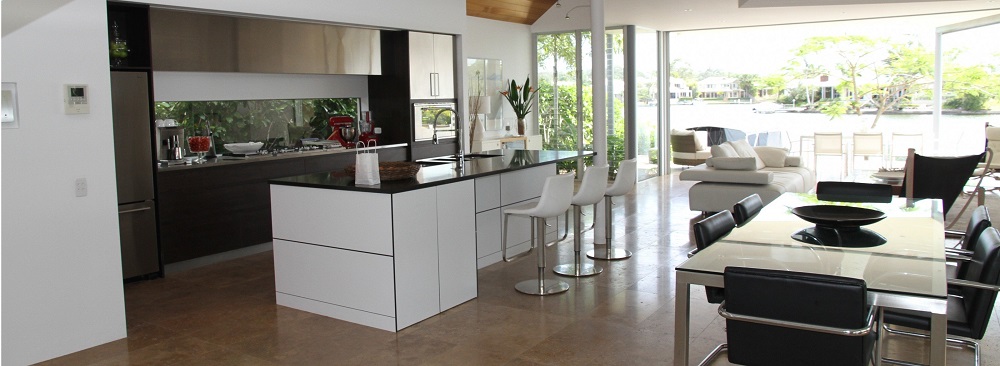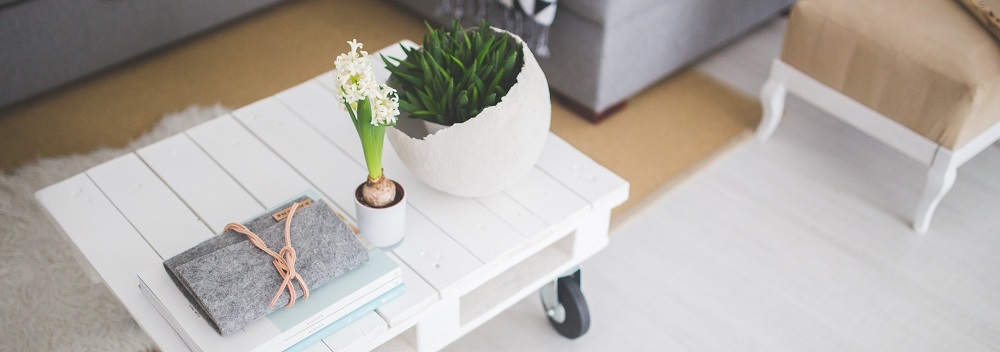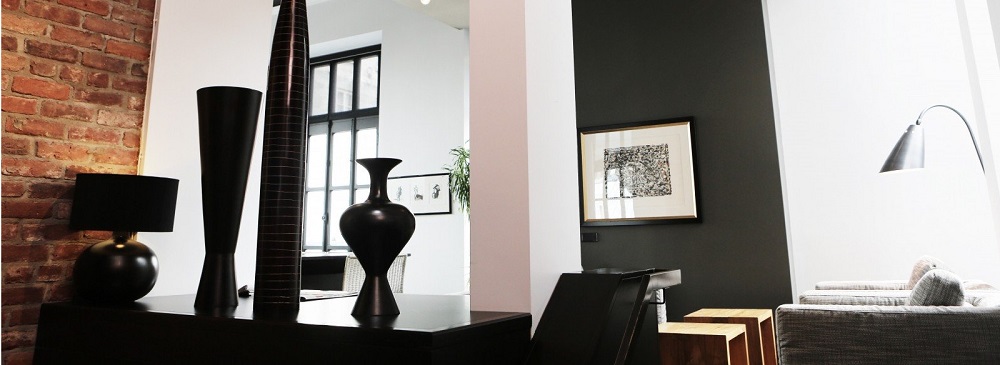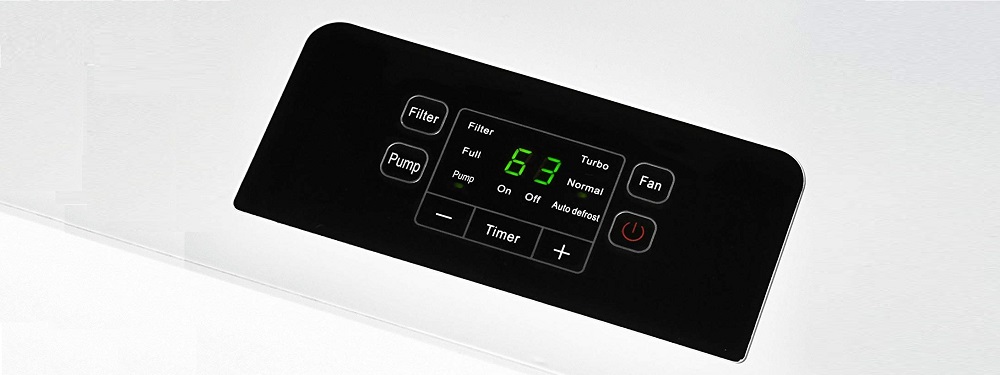As the season is changing, and the temperatures rise, you’ll notice a couple of things changing, in your home.
For one thing, you might notice that, even while you’re sitting down and watching television, you’re sweating. Your windows might get fogged up, for no apparent reason. In your basement, you might even see a little patch of mold growing.

When the season is changing, and the temperatures rise, there tends to be a rise in the amount of moisture that is in your air. This moisture can lead to those aforementioned scenarios, mentioned above. Those scenarios are the product of too much moisture being in your air, which is known as “excessive humidity.”
In this quick guide, we’re going to explain humidity, excessive humidity, and how it affects your home.
So, What Exactly Is “Excessive Humidity”?
Before we can define the phrase itself, let’s define the two words that are in this phrase.
First off, the word “excessive” means, according to the dictionary, “more than is necessary, normal, or desirable”. So, essentially, the word “excessive” means “too much”.
Now, the second word, humidity, refers to the quantity of water vapor that is in the air.
So, the phrase “excessive humidity” simply means that there is too much water vapor in the air.
When there is a lot of water vapor in the air, you get humidity. When there is too much water vapor in the air, that leads to excessive humidity.
On the other hand, when there isn’t enough water vapor in the air, the air, and the environment around it, feels very dry.

Related Post: Different Types of Dehumidifiers
What Happens When There Is Too Much Humidity In My Home?
Too much humidity can lead to a variety of problems. Unpleasant elements, like mold and mildew, thrive in moist environments. This makes it a lot easier for spaces in your home that are especially humid – such as bathrooms and basements – to become infested with mildew and mold. Both mold and mildew can easily lead to allergy problems.
Along with that, too much humidity can also lead to a very musty, and unpleasant, smell.
Why Is My Home So Humid?
Generally speaking, excess humidity comes from a situation where there is a great deal of water vapor in the air that is currently in your home, and this water vapor is unable to leave your home.
Many everyday activities can lead to this excess of water vapor entering the air. For example, cooking always adds a little bit of water vapor to the air especially if you are boiling something, for example.

Washing the dishes is another activity that spreads water vapor into the air. It’s why, when you’re washing the dishes, you might start to sweat, even if the temperature isn’t particularly high.
Taking a shower is yet another activity, and especially if you’re using hot water. Although, cold water does, obviously, add water vapor to the air as well.
If you live in a home with multiple people, the chances are that everyone is contributing to the humidity that is in your home, due to those types of actions.
One other possibility is that there may be some kind of leak in your home. Leaky pipes and cracks can lead to an excess amount of water vapor entering the air in your home, which then leads to excessive moisture.

How Do I Deal With This Excessive Humidity?
If you have an air-conditioner, the first thing you can do is to run that air-conditioner. With an air conditioner, the moisture from the air is removed, as it is cooled down, within the air conditioning unit.
Another fantastic way of dealing with the problem is by opening up your windows. Especially in spaces that are producing a great deal of water vapor. Spaces such as the basement – especially if you wash your clothes down there – the kitchen and the bathroom. With your windows open, the water vapor has a much easier time leaving your home, rather than being forced to stay in it, making your home even more humid.
Taking cold showers is another great way of reducing the humidity in your home. You can also dry your clothes outside, which will prevent a lot of the water vapor that is on your clothes from entering the air in your home.
Last but not least, you can use a dehumidifier. We have plenty of reviews and buying guides on this website talking about these great devices that can lower the levels of humidity at home.

Conclusion
Ultimately, excessive humidity is a problem, but only a small one. By taking the necessary steps, you can easily get rid of the excessive amount of humidity that is in your home, preventing mold and mildew from growing, and leading to a much more pleasant experience!
Our Recommended Dehumidifiers
Last update on 2024-04-20 / Affiliate links / Images from Amazon Product Advertising API


